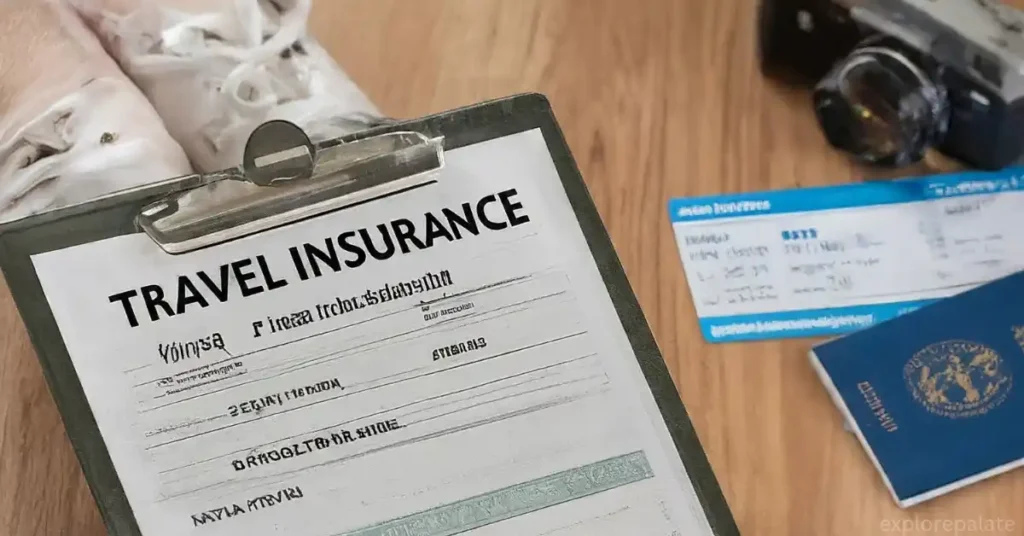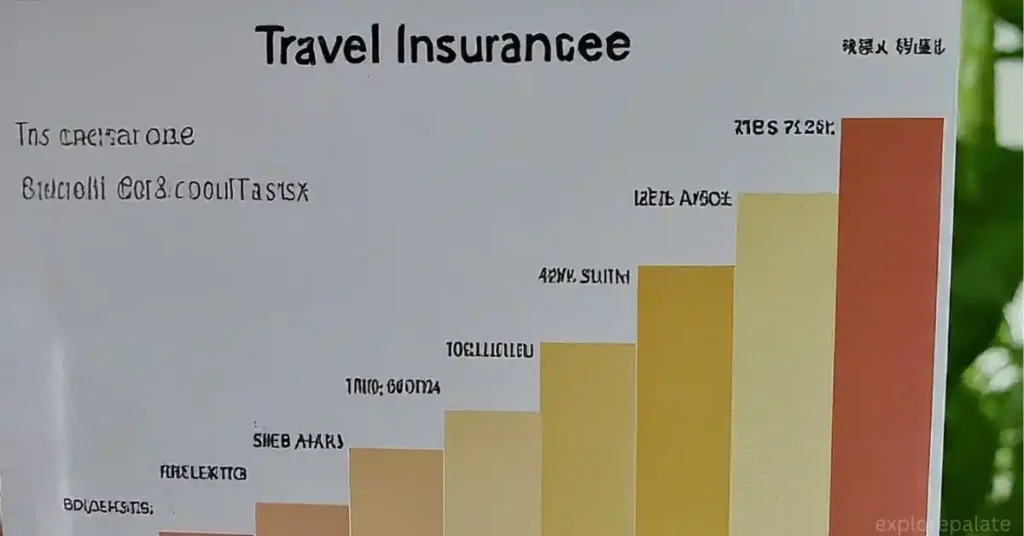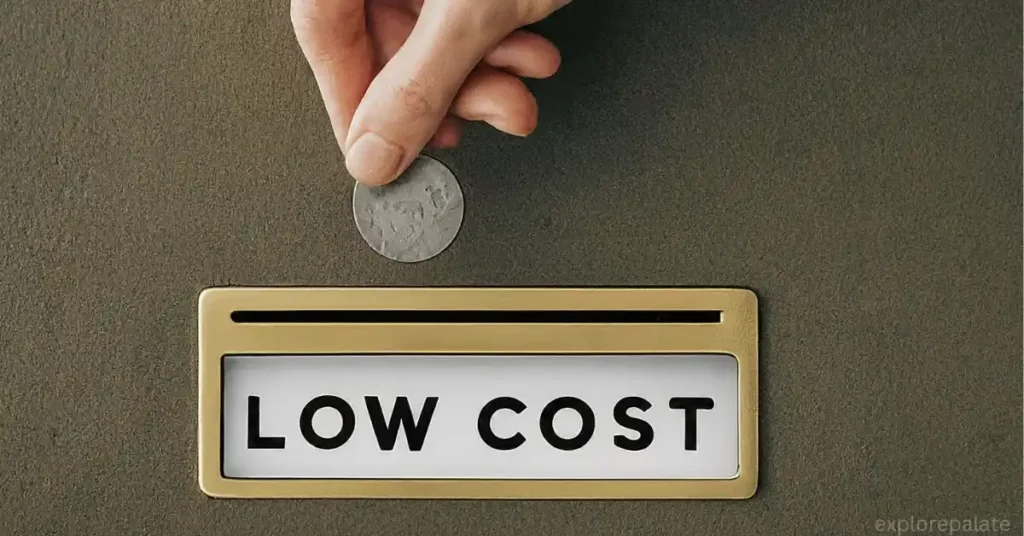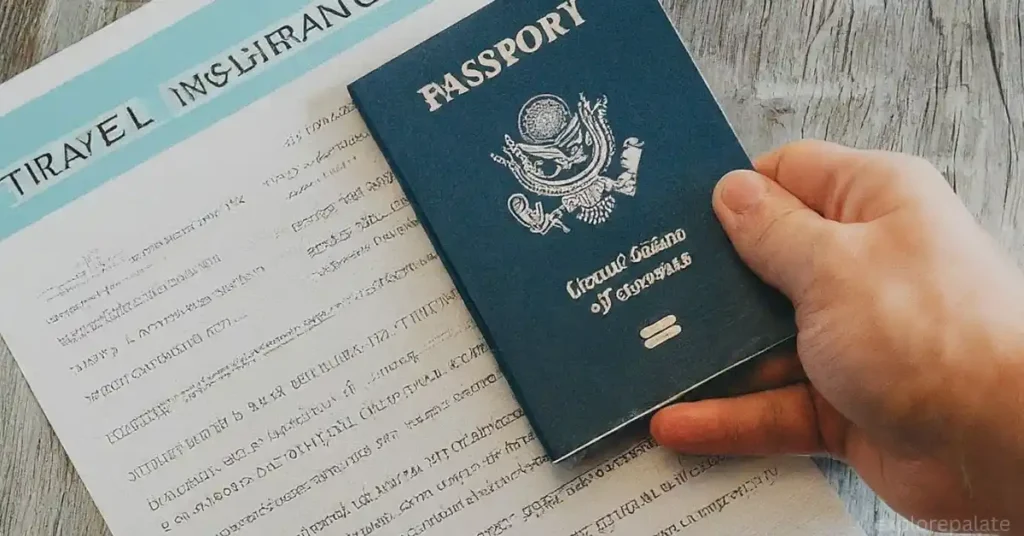When planning a trip, travel insurance is often an overlooked investment that can serve as a lifesaver in unexpected situations. As Beth Godlin, president of Aon Affinity Travel Practice, points out, it provides financial protection against the travel risks that may arise during your journey. Whether it’s delayed, canceled, or changed flights due to airlines adjusting their schedules, having a solid policy ensures that you receive timely refunds and even automatic refunds when necessary.
It’s essential to recognize the benefits that come with travel insurance, offering a layer of protection that delivers peace of mind to travelers venturing into the unknown. With travel plans fraught with unforeseen circumstances, this coverage can be the security you need, making it an essential part of your travel preparation.
After all, navigating through the rules of travel can be tricky, especially when dealing with the White House restrictions or other regulations; thus, being equipped with travel insurance can alleviate the stress for passengers facing a myriad of travel challenges.
What does travel insurance cover?

When traveling, ensuring your well-being is paramount, and that’s where insurance plays a crucial role. A comprehensive policy can cover a myriad of expenses that might arise unexpectedly. If you’re faced with cancellations due to a natural disaster or severe weather, you can reimburse for non-refundable airline tickets, hotel rooms, or tours. This protection extends to unforeseen illness, injury, or even the unfortunate event of a family member’s death, where you may need to change your plans. For instance, while I was preparing for a cruise, I purchased Allianz coverage, which provided peace of mind in case of unplanned hiccups like military deployment or jury duty.
Most policies offer benefits like bump coverage for travelers who experience delays, with a daily payout for things like food and lodging typically around $150 to $250 per day. If your trip gets cut short, your insurance can help recover a portion of your expenses, allowing you to focus on what matters instead of the financial implications.
Moreover, if your baggage is lost, damaged, or stolen, the insurance can provide reimbursement for your possessions, whether they’re expensive jewelry or essential items like your passport. You could even find a higher limit for your luggage in case of a mishap. Additionally, having medical coverage abroad is crucial; it can cover doctor’s fees, hospital bills, and even evacuation costs, ensuring you receive proper care while away from home.
Ultimately, travel insurance enhances your journey by providing flexibility and security, allowing you to explore without constant worry.
Coverage for Travel AND Medical Needs

As a full-time traveler and digital nomad, I’ve learned that having the right insurance is not just a luxury but a necessity. Travel expenses can add up quickly, and without proper coverage, even minor issues can become complicated. With policies from companies like SafetyWing, you can enjoy your trip while knowing that medical expenses, such as visits to doctors or hospitals during an emergency, are covered.
These bundles allow you to easily search for options and purchase a policy that fits your needs without the hassle. The right insurance gives travelers peace of mind, ensuring that if they face challenges like lost luggage, delays, or even emergency evacuations, they can handle everything smoothly without the usual headache. With just a few clicks on a search engine like Google, you can access the best plans that will save you time and money.
Bringing along a hard copy of your policy ensures you’re always informed and ready, ready for whatever your journey may throw at you. This approach makes traveling not only safer but also far less challenging, allowing you to enjoy the adventure ahead without the worry of unexpected costs.
SafetyWing Travel Insurance offers Home Country Coverage.

When planning your travel, having the right insurance is crucial, especially if you find yourself outside your home country. SafetyWing provides a policy that covers medical expenses incurred during your trip, ensuring you are eligible for assistance in case of an emergency. What I love about their coverage is that it’s designed with digital nomads in mind, allowing for a maximum period of up to 3-months of protection while you explore.
This is particularly beneficial for those who may be traveling with family or friends, as it can help alleviate some of the expenses that may arise suddenly due to unexpected events. Plus, limited policies can still provide substantial support, making it a better option than relying solely on your home country’s insurance. I recommend ensuring that your travel insurance includes total coverage for any event that could happen while you’re away, so you can enjoy your adventures without worrying about the potential costs.
How much does travel insurance cost?

When embarking on your travels, it’s vital to grasp the cost of travel insurance, which usually ranges from 4% to 10% of your total trip price. However, this percentage can vary based on the coverage options you select. Opting for a policy with higher limits or additional features like Cancel For Any Reason (CFAR) can significantly influence your insurance cost, potentially increasing it by 40% for older travelers.
I always take the time to scrutinize the fine print, as understanding what you’re paying for can make all the difference. The likelihood of needing to file a claim often correlates with the type of plan, so assessing your unique travel situation against the potential cost is essential. Striking the right balance between protection and price ensures you’re well-prepared for your journey ahead.
Low Cost and Upfront Payment

Traveling can often lead to unexpected events that put a strain on your wallet, which is why investing in travel insurance is essential. For a low price of around $45 for 4 weeks, you can secure coverage for your entire trip without the hassle of scouring through the fine print. When I was planning a recent adventure, I spent some time browsing different companies and was amazed by the specifics of SafetyWing and Nomad Insurance.
Their policies offered great coverage, including options for adventure sports and electronics theft, allowing me to enjoy my trip with peace of mind. Choosing a policy at the beginning means you can make a full upfront payment, avoiding any awkward situations of recurring charges or needing to cancel if something goes awry.
For long-term travelers, these plans offer a fine balance between cost and coverage, ensuring you pay only for what you need while safeguarding your adventure from unforeseen risks. Remember, requesting an entire trip policy can help you save hundreds of dollars down the line. So, don’t hesitate to make this small, inexpensive investment for your travels; it pays off immensely.
Best travel insurance companies

- SquareMouth: An aggregator site that helps compare dozens of carriers and provides multiple quotes for better pricing without extra fees or markup from commissions.
- American Express: Offers flexible rates and has a strong record of customer service, making it a trusted choice for many travelers.
- Allianz: Provides a range of options, including single-trip and annual plans, with benefits like emergency medical and dental coverage, as well as accident protection.
- CFAR Policy: Allianz’s Cancel For Any Reason policy reimburses prepaid, non-refundable expenses, offering coverage if travel plans change unexpectedly.
- Allianz’s OneTrip Prime: Includes interruption protection, medical coverage up to $50,000, and evacuation payouts of $500,000, making it a comprehensive choice for travelers.
- AIG’s Travel Guard: Allows for customizable coverage options, perfect for travelers needing mid-range plans tailored to their specific needs.
- Faye: A user-friendly online provider with an intuitive app for managing claims digitally, featuring generous limits on delays and missed connections.
- Family Coverage: Many plans cover children 17 and under for free when traveling with a parent or grandparent, making them ideal for family travel.
Alternatives to travel insurance

When considering your travel plans, it’s essential to explore alternatives to travel insurance, such as utilizing built-in travel protections offered by various credit cards. For instance, the Chase Sapphire Preferred® Card and the American Express® Gold Card provide valuable benefits that can include trip cancellation and trip delay protection.
These features can serve as a coverage safety net for travelers, especially for unexpected incidents like delayed baggage or lost baggage. However, it’s crucial to conduct thorough research on your card’s travel benefits and understand the eligibility criteria, as the benefit level may vary significantly based on terms, conditions, and limitations. Some cards, like the Southwest Rapid Rewards® Plus Credit Card, offer specific protections that might not meet all your needs, so considering a standalone policy might still be wise for comprehensive coverage.
If you encounter a trip delay or need medical treatment, the travel accident protection often underwritten by companies like the New Hampshire Insurance Company or AIG Company can enhance your peace of mind while traveling. Always consult your benefits guide for more details on how these offerings can effectively protect your travel investments.
Is travel insurance worth it?

When traveling internationally, many wonder if travel insurance is truly necessary. In my experience, it often proves to be particularly useful, especially if you’ve spent a lot on prepaid expenses like hotels and tours. Without it, travelers can stand to lose substantial sums if faced with canceled flights or delayed flights. If you’re in a remote area and need emergency assistance due to an existing health condition or want to partake in adventure activities like skiing or bungee jumping, having insurance is critical.
For those with multiple connections, the risk of missing a flight increases, making insurance a smart decision. Plus, it can cover non-refundable expenses, making your trip less stressful and more enjoyable. Ultimately, while deciding on insurance might seem like an extra step, it ensures peace of mind and protection against unexpected events, including the need to cancel at the last minute.
Conclusion
Travel insurance is not just an optional add-on; it’s a crucial investment that can safeguard your financial well-being and peace of mind during your travels. From unforeseen cancellations and delays to medical emergencies and lost belongings, the right coverage can mitigate the stress of unexpected incidents. By providing financial protection against various travel risks, insurance allows you to focus on enjoying your adventure rather than worrying about potential pitfalls. Whether you’re a seasoned traveler or planning your first trip, incorporating travel insurance into your travel preparations is a wise choice that ensures a smoother journey and a worry-free experience, ultimately enhancing your overall enjoyment of the adventure ahead.
FAQs
Why is it important to get travel insurance?
Travel insurance can give you extra protection if your holiday doesn’t go as planned. So you should make sure you have cover if you’re planning a trip away.
Why do people claim travel insurance?
Reasons may include unexpected death, illness, or injury of you, your partner, or people traveling with you. A fire, burglary, or unexpected damage happens to your home. You’re made redundant.
Why do you need a travel plan?
A little planning in advance can help you save money so you can more easily explore all your destination has to offer. In some instances, you can save money with pre-planning, especially if you’re going to a very popular destination. Booking flights in advance is a good way to save money.
Do I need travel insurance to go to the USA?
While travel insurance is a compulsory requirement for visiting some countries and territories, the USA is not one of them. But that doesn’t mean it’s not worth taking out. Just consider what an unexpected incident while you were there could end up costing you if you weren’t covered.

